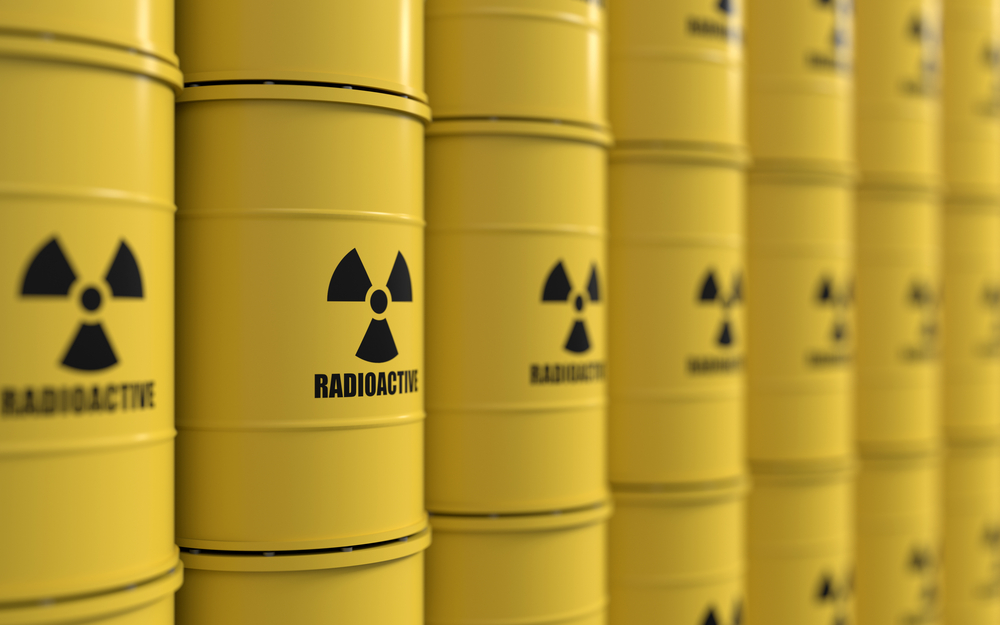
The International Atomic Energy Agency (IAEA), in conjunction with the Government of Kazakhstan and the Nuclear Threat Initiative (NTI), recently opened a new low-enriched uranium bank in Kazakhstan to provide countries that are developing nuclear power plants with uranium without incurring the costs of developing their own enrichment facilities.
Launched through a $50 million investment from Berkshire Hathaway CEO Warren Buffet, who serves as an advisor to NTI, the first-of-its-kind bank will be owned and managed by the IAEA with no individual country overseeing it.
According to the IAEA, dozens of countries are already interested in pursuing nuclear energy.
“Once operational, this facility will help advance an important nonproliferation mission that contributes to global security and stability,” Buffet said. “There is no better investment than helping reduce the risk of nuclear proliferation.”
The bank will hold approximately 90 metric tons of low-enriched uranium which, according to NTI, is enough fuel to power a large city for up to three years. The material will be available only to IAEA Member States who are in good nonproliferation obligations but have experienced issues related to fuel acquisition on the commercial market.
Due to the fact that enrichment technology for fuel rod development can also produce the material needed for a nuclear bomb, the bank also serves as a means for de-escalating the risk of nuclear weapon proliferation by removing the need for individual countries to enhance their own enrichment capabilities.
“The launch of the IAEA [Low-Enriched Uranium] Bank is an unprecedented international effort that will reduce nuclear dangers and make the world safer,” Ernest J. Moniz, NTI co-chairman and CEO, said. “I believe that today’s event gives us additional impetus to build upon this step with a much more comprehensive and energetic approach to the broad set of fuel cycle questions.”




